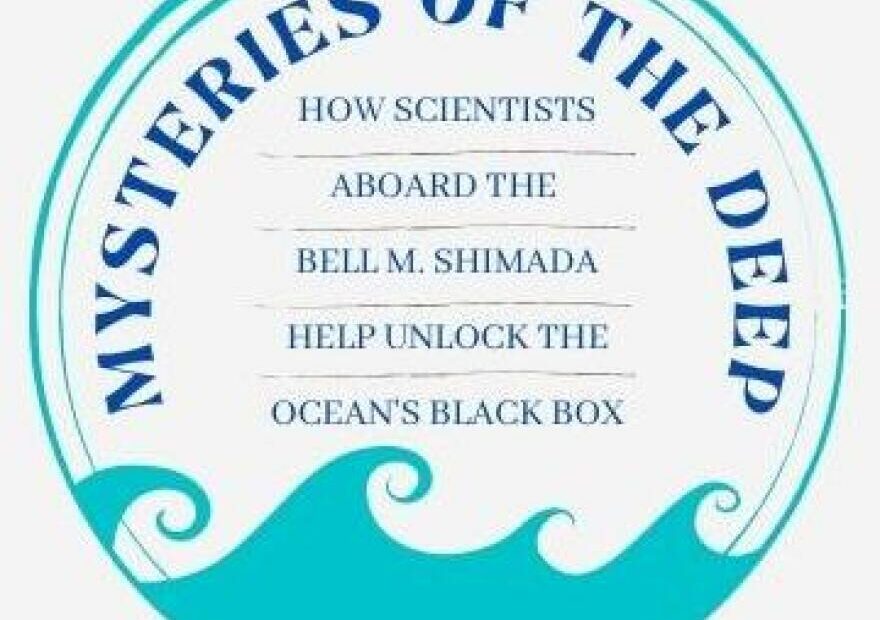
Unlocking the Ocean’s Black Box With Science
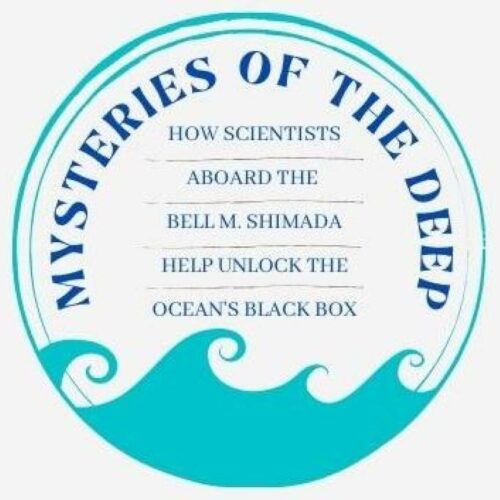
Part 1: To Unravel Some Of The Ocean's Mysteries, Scientists Head To Sea
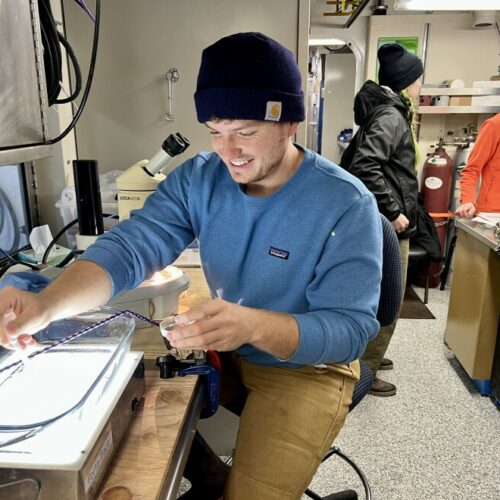
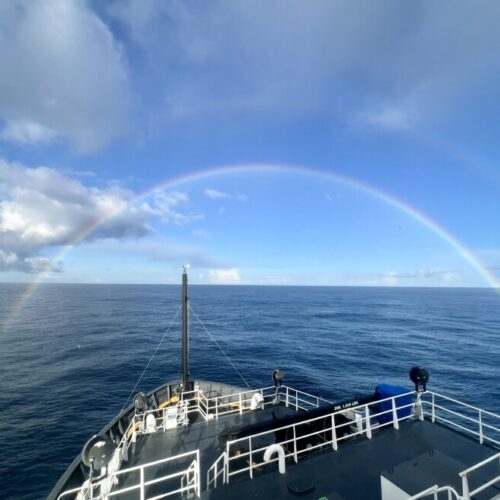
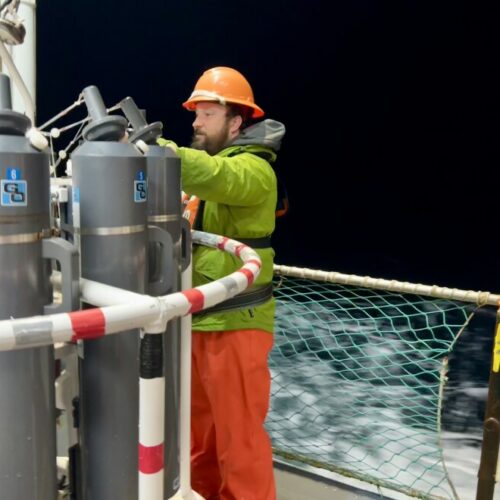
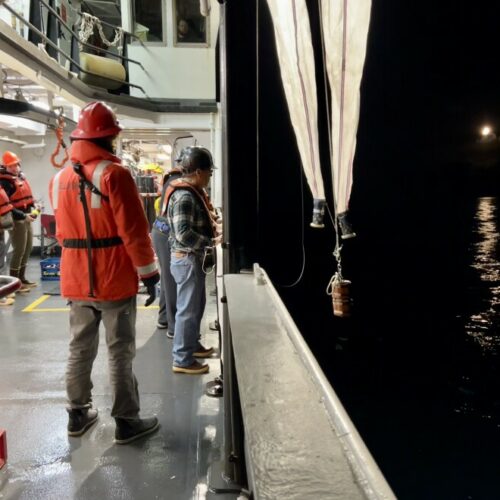
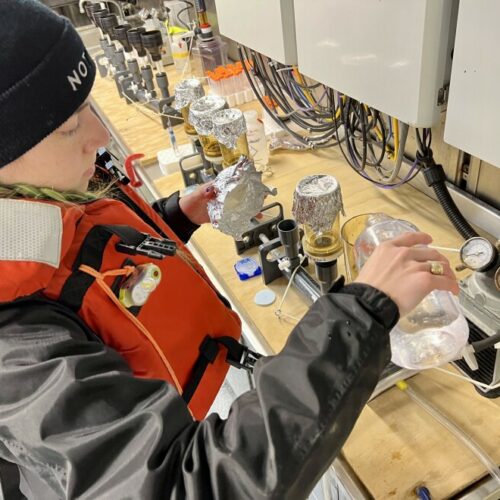
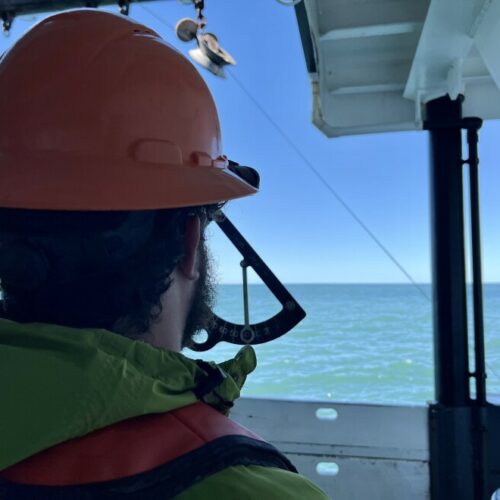
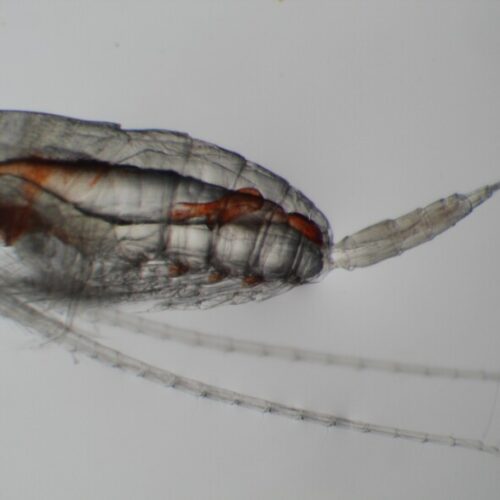
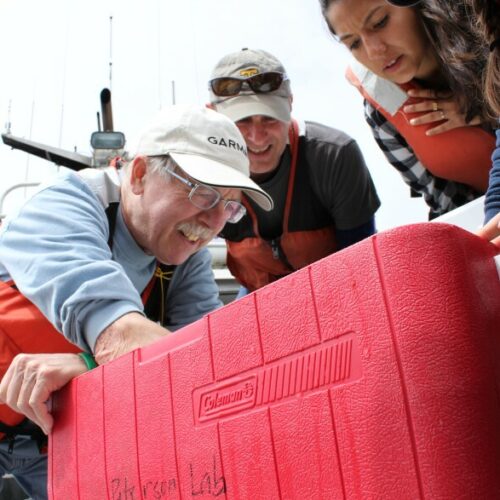
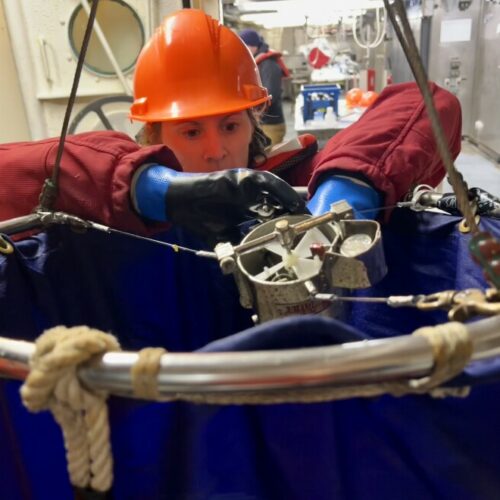
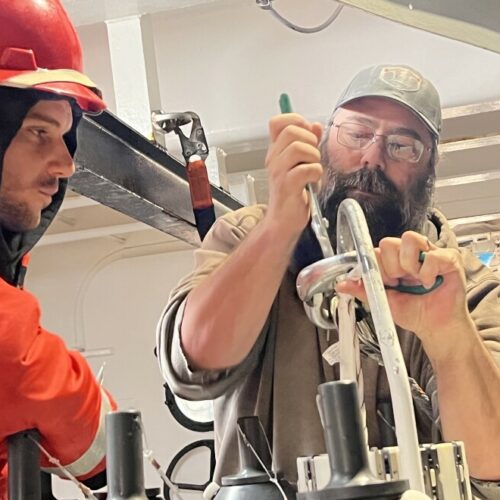
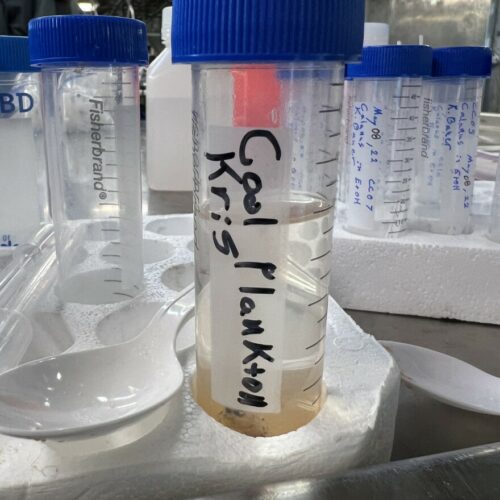


Listen
Read
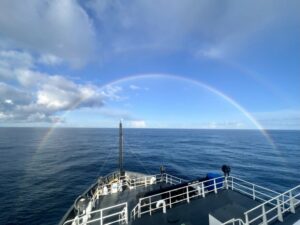
Courtney Flatt June 20, 2022
At least twice a year, a team of scientists on NOAA’s research vessel Bell M. Shimada survey waters along the Washington and Oregon coast.
Part 2: Watching For Whales – And Their Food
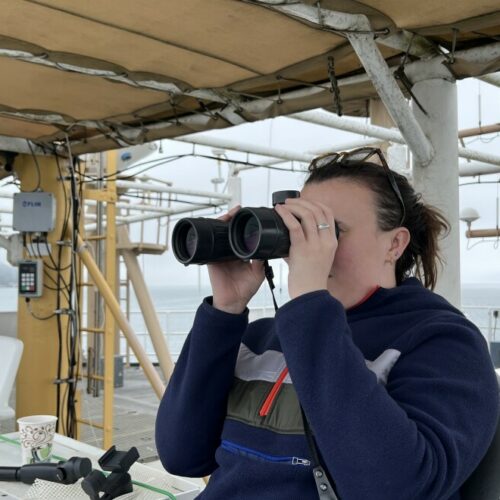
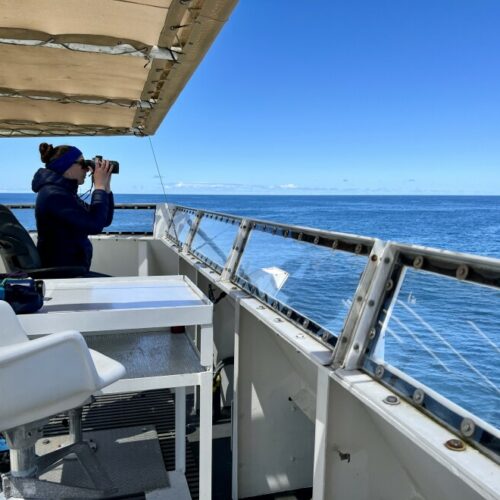
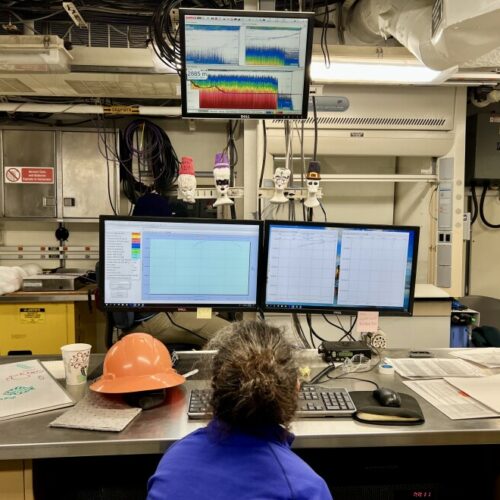
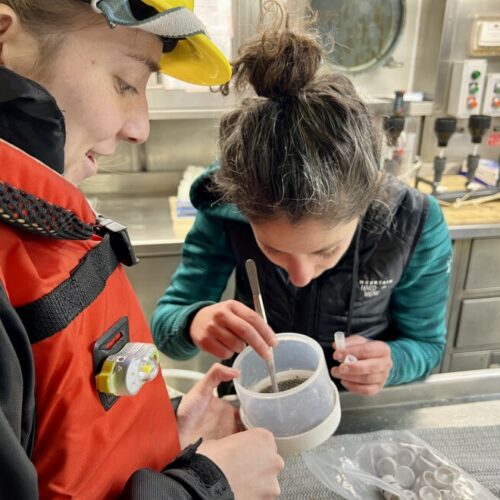
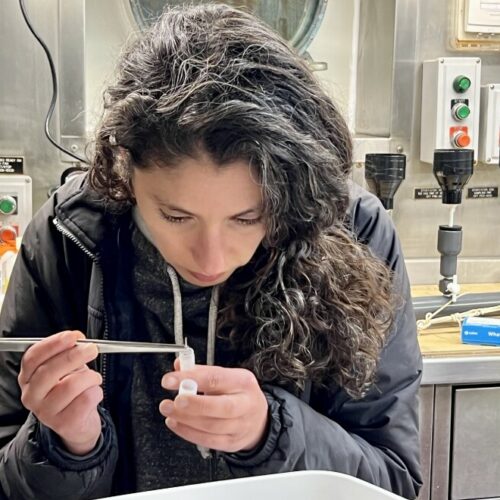


Listen
Read
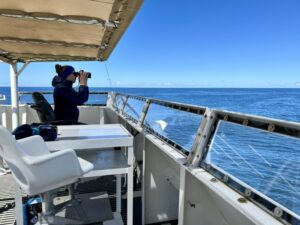
Courtney Flatt June 21, 2022
Scientists aboard the Bell M. Shimada keep an eye out for whales. One scientist hopes to help predict where whales will show up by studying the food they eat.
Part 3: Growing Phytoplankton To Learn More About The Ocean's Food Web
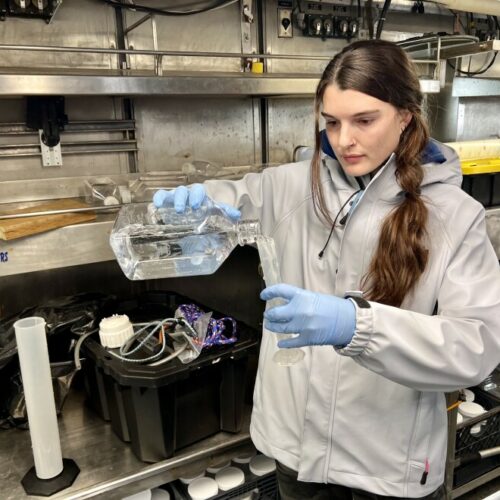
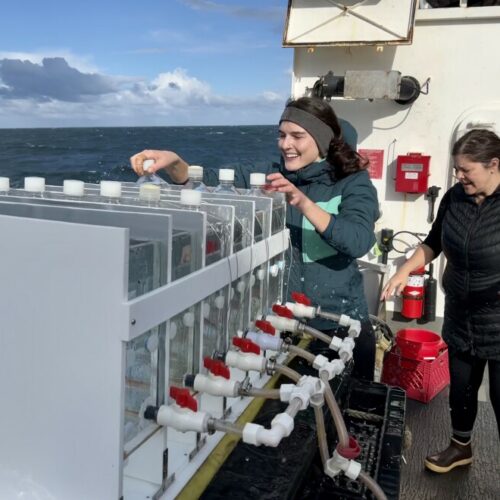
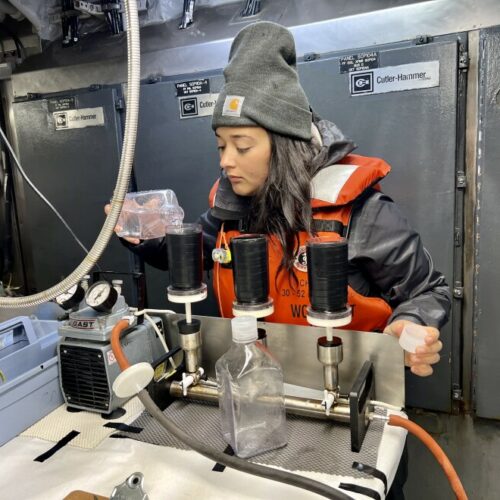


Listen
Read
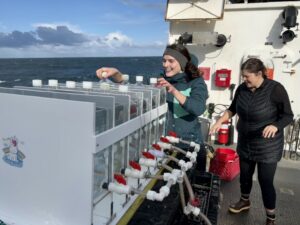
Courtney Flatt June 22, 2022
Phytoplankton make up an extremely important part of the ocean’s food chain, serving as food for organisms that feed young salmon and other fish in the ocean.
Part 4: This Single-Celled Sea Critter Could Help Scientists Learn About Climate Change
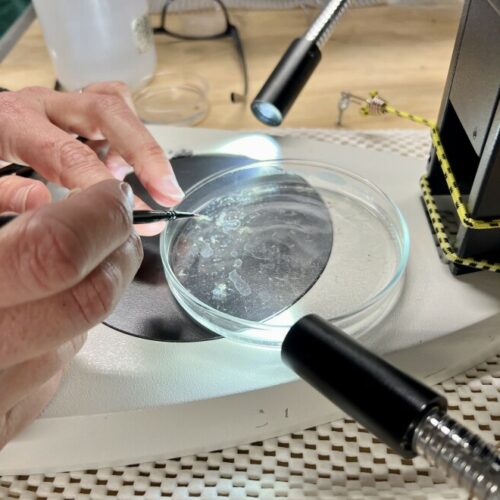
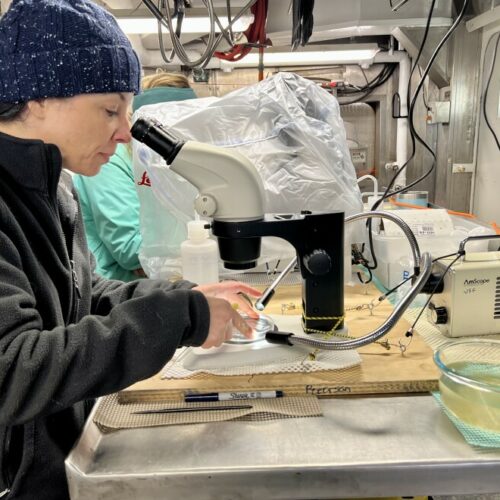
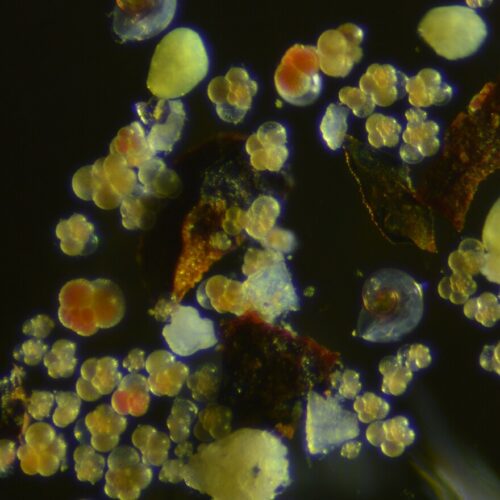
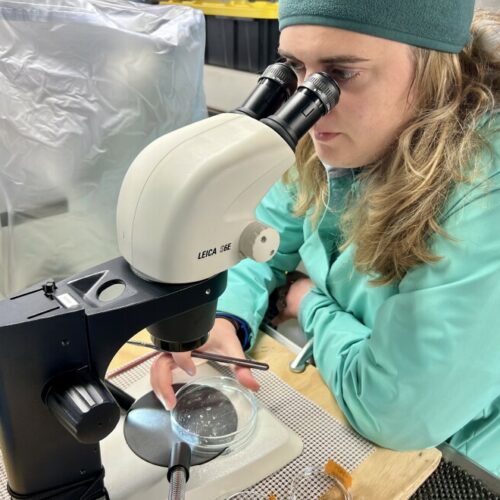


Listen
Read
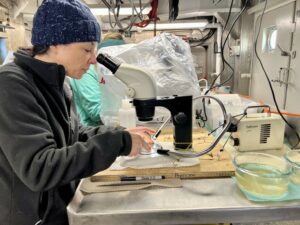
Courtney Flatt June 23, 2022
One single-celled oceanic organism could provide big answers to questions about climate change.
Part 5: More Than Work: Living On A Ship, Crew, Officers Become Friends, Family
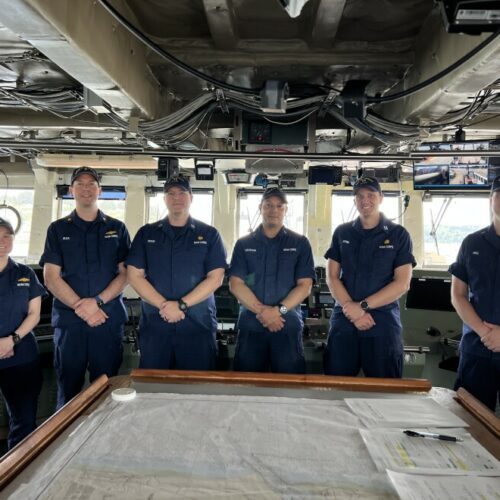
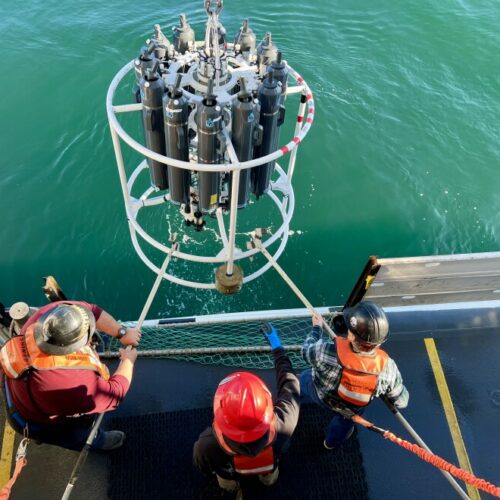
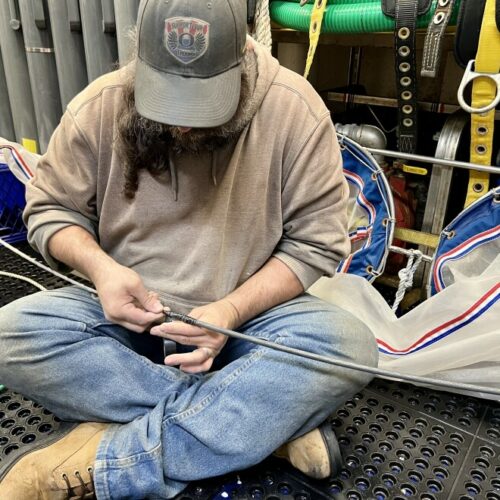
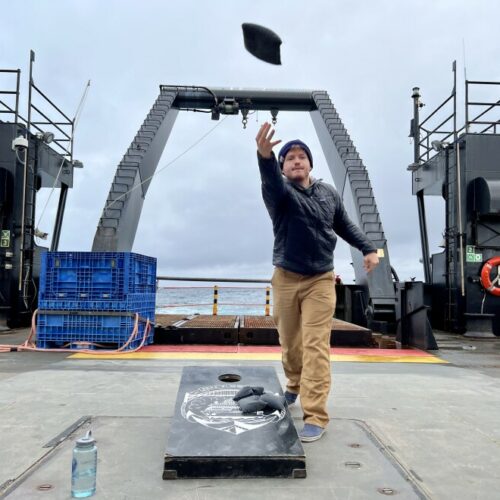
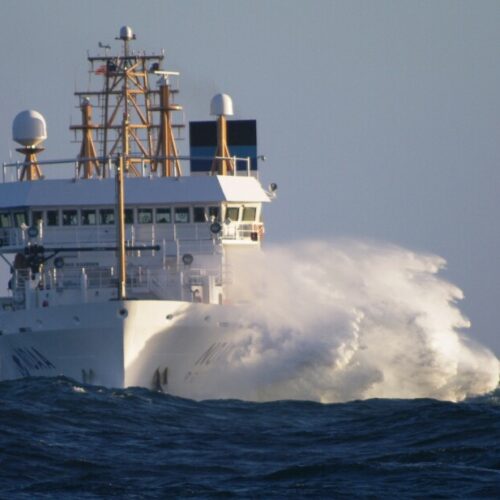
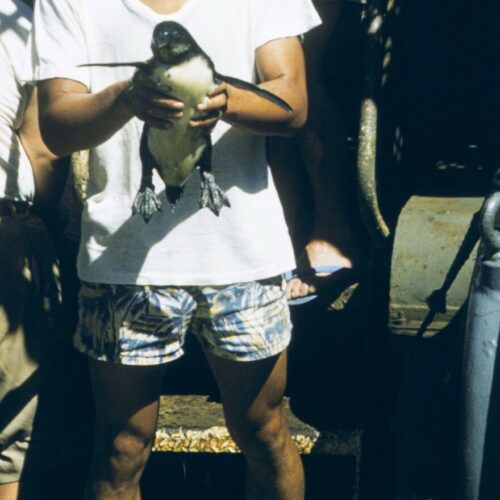
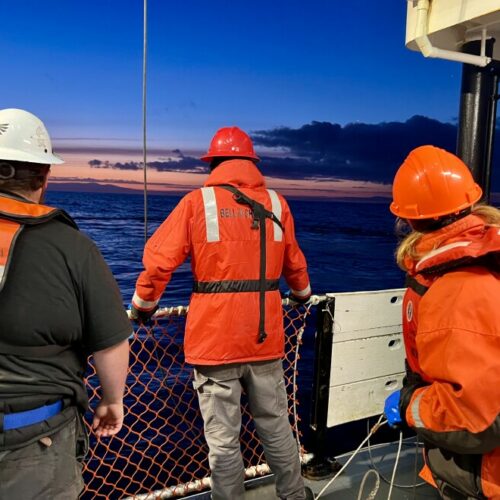


Listen
Read
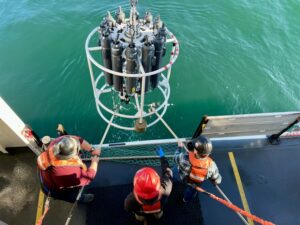
Courtney Flatt June 24, 2022
The Bell M. Shimada is designed to gather scientific information. But the collaborative effort of the crew and officers makes scientific endeavors at sea possible.















